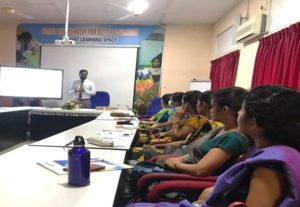Case Study
Giving Voice To Young Hearts in Thailand
Young Moves’ program manager Thaksin Bamrungthai strives to elevate youth voices across Thailand, a diverse country whose young people face different challenges in each region.
AS HIS soft-spoken nature suggests, being abrasive is not Thaksin “Tonkla” Bamrungthai’s style.
He prefers to utilise quiet persuasion over strident arguments in his role as program manager of Young Moves, a group elevating youth voices in Thailand.
Tonkla is not shy, however, when it comes to helping amplify the views of his country’s younger generation.
In Thailand, youngsters are all too familiar with the feeling of being seen but not heard. Values of respect for elders and authority are often ingrained. As a result, this deference often serves to deny the young the effective platforms that their opinions merit.
Attitudes, however, are changing in the Southeast Asian nation. In recent times, Thai society has witnessed a shift as youngsters raise their voices to call for constitutional reform and modernisation of the nation’s education system.
Young Moves plays a role in this awakening by helping young Thais engage in critical issues spanning everything from environmental activism to job security and workers’ rights.
“Young people in Thailand deserve to be engaged,” says Tonkla. “They are not just producing hot air.”
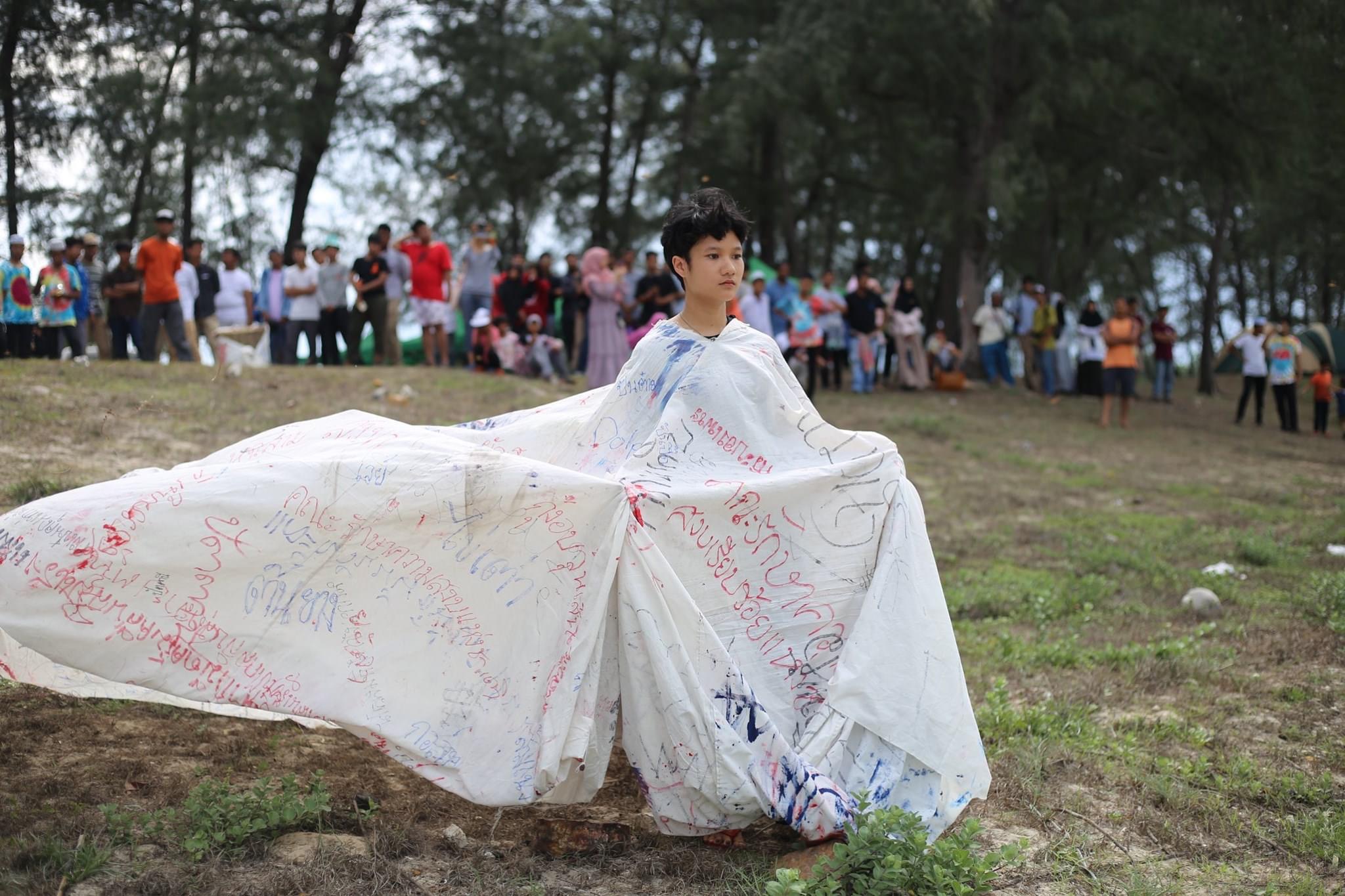
The northern LanYim Theatre Group performed “The Noise” throughout all regions in Thailand. (Photo: Young Moves)
To promote better discourse across the board — and not just in urban centres like Bangkok — Young Moves eschews tightly defined activism and encourages participation over a wide range of topics.
Thailand’s diversity also informs the group’s priorities, with approaches for engaging youth varying between regions.
In the southern province of Songkhla, an ongoing separatist insurgency continues to impact communities adversely. Tensions have been heightened by proposed mega-developments such as one in Songkhla’s Chana District.
Young Moves participated in a day-long outdoor festival of visual and performing arts to highlight the adverse impact the project is likely to have on traditional life. The aim was to show solidarity with long-suffering people in the area and raise awareness of their plight in other parts of Thailand.
In the country’s north-east — a largely agrarian region where poverty is widespread and cultural traditions are deeply rooted — Young Moves organise town hall-style gatherings. At these events, young people speak, and older adults play an unfamiliar listening role.
“Family unity can be particularly rigid in the northeast of Thailand,” explains Tonkla. “Young people are expected to travel for work and then send money home. There is often little room for them to express their grievances.”
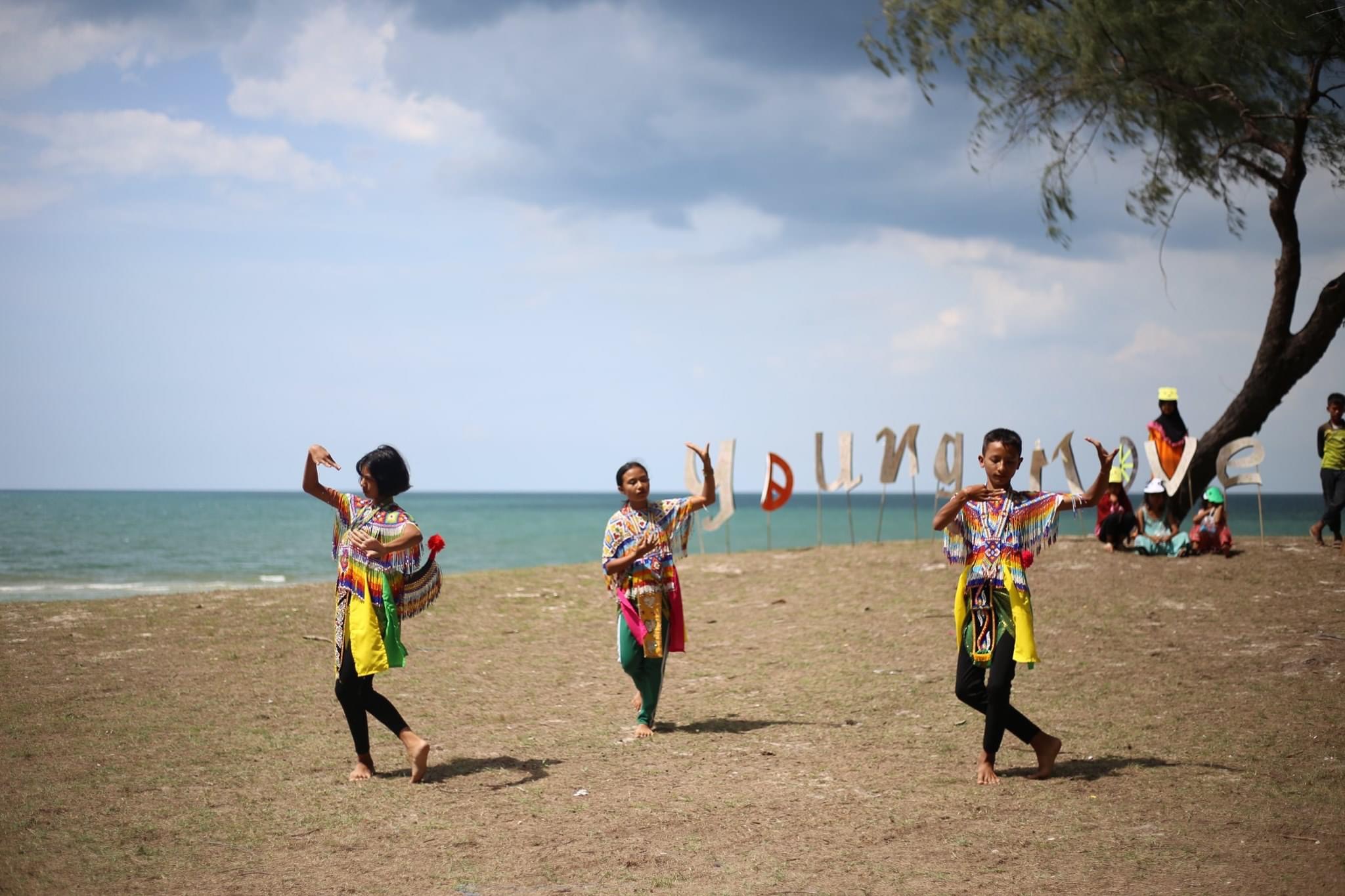
Young Moves organized a performance to raise awareness of the impacts of mega-developments in Chana district in Thailand’s South. (Photo: Young Moves)
Young Moves’ work is equally diverse in other parts of Thailand. On the country’s Eastern Seaboard — a hub for heavy industry and manufacturing — the group helps youngsters advocate environmental issues.
In the north of Thailand (where Tonkla is originally from), the group empowers youngsters to engage with myriad challenges. These include the region’s notoriously bad air pollution and the rights of migrant workers and ethnic minorities. Young Moves has worked with local theatre groups and volunteer actors to stage productions that raise awareness of these issues.
The global pandemic has hit Thailand hard. Employment sectors, including the country’s all-important tourism industry, have been decimated, and jobless workers around Thailand forced to return to their home provinces.
While Tonkla recognises the economic pain at play, he is encouraged by the fact local communities and networks seem to be galvanised by this influx of youngsters with evolved skillsets and enhanced life experience.
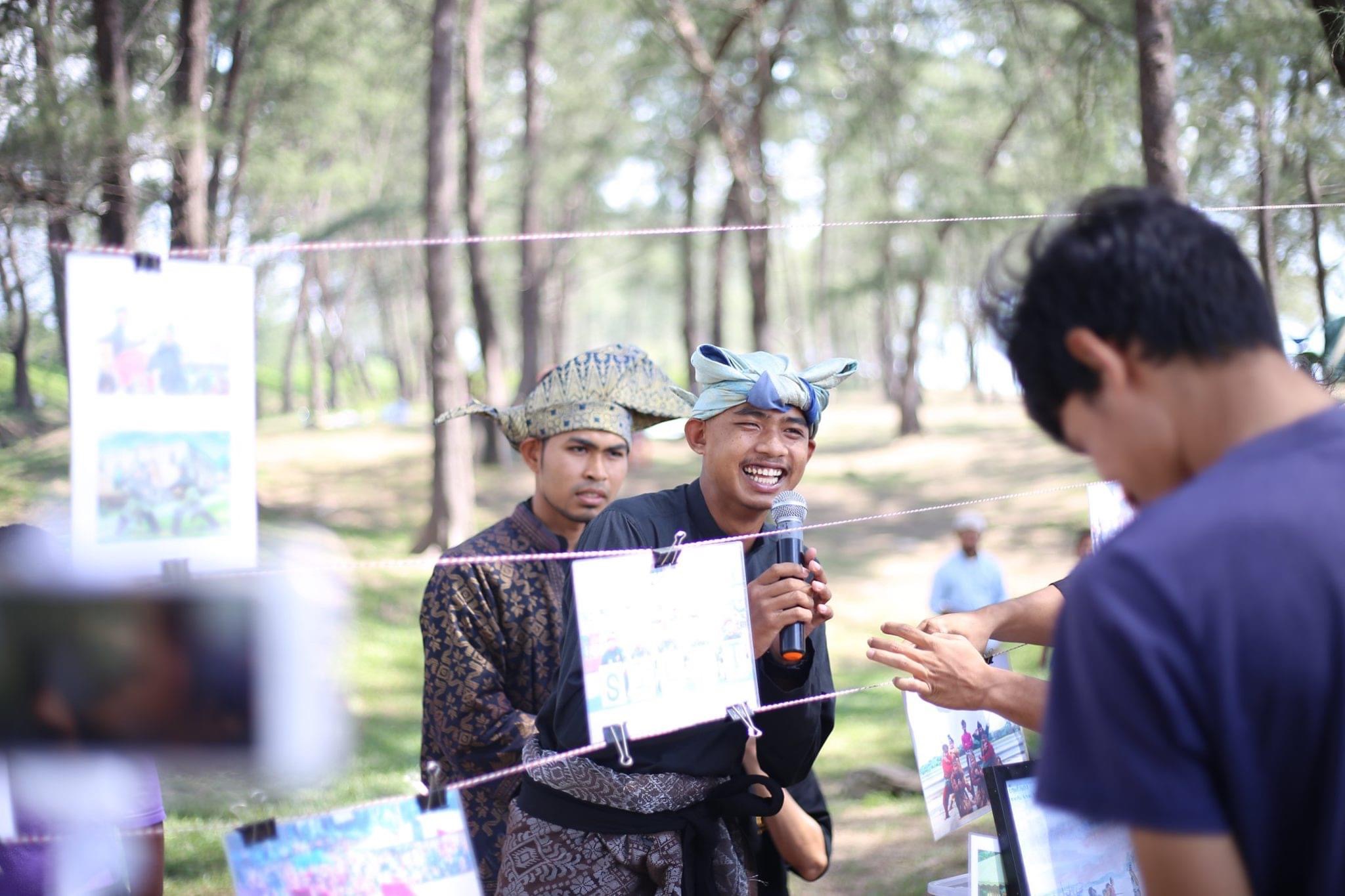
Activity organized to raise awareness of community concerns in Songkhla's Chana District, southern Thailand. (Photo: Young Moves)
“In a way, it is a good thing,” he says. “They can be the voice of their region.”
“We believe that many challenges can be addressed and resolved at the local level. Bangkok attracts high-quality human resources, intellectuals and people with smarts,” he adds. “That can be positive, but it tends to neglect other regions and provinces. We want to change that.”
With diverse challenges to be faced and ingrained attitudes towards the young to be overcome, Tonkla is aware that he has chosen an arduous path. Nevertheless, he is committed to long-term societal change and equally confident it is achievable.
“It is not something you do today and achieve change tomorrow. It’s a vocation,” he says. “I can’t walk away from my brothers and sisters throughout the country and the incredible work they are doing. I must do my part and do what I can. That is where my inspiration comes from.”
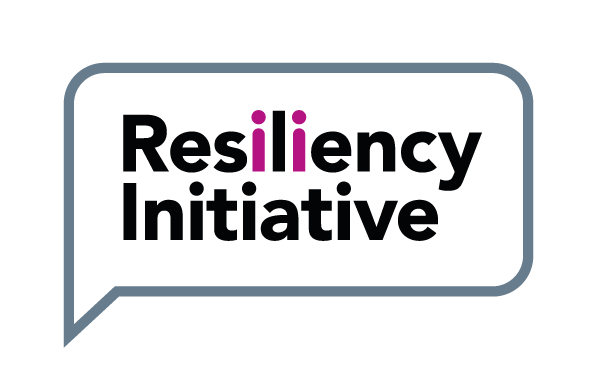


 Back
Back
